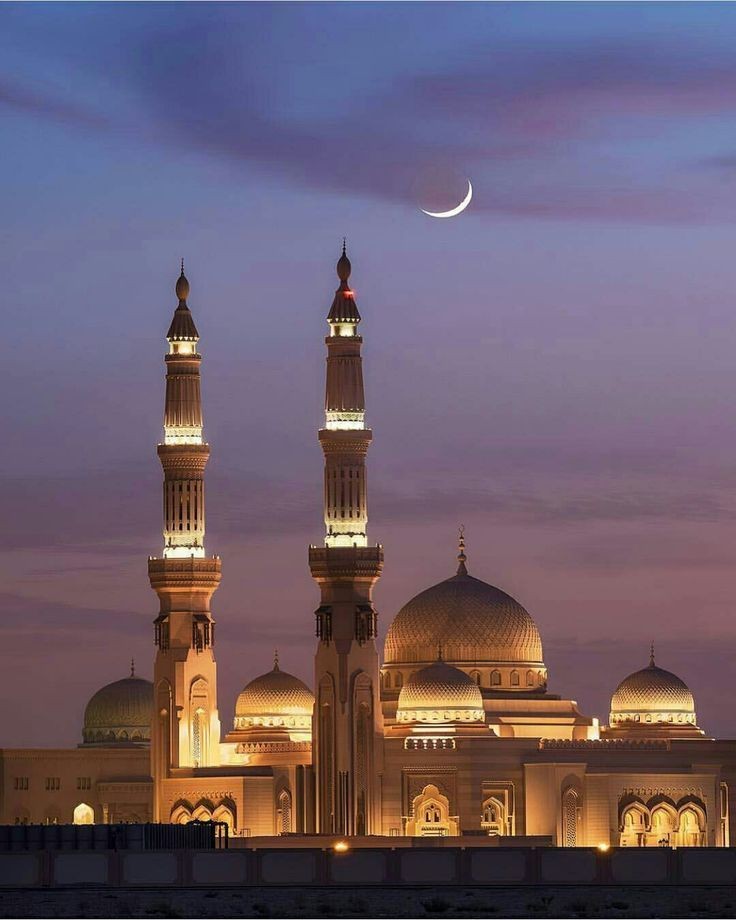Muharram, the first month of the Hijri calendar, holds a special significance in the Islamic faith. It is referred to as “the Sacred Month of Allah” and holds a high level of sanctity. This is reflected in its name, “Muharram,” which means “forbidden,” as certain actions become prohibited during this month. Al-Masjid Al-Haram, the House of Allah, also takes its name from the same Arabic root word as Muharram.
The year is divided into seasons by Allah, with certain times being more sacred than others. The nights of Ramadan and the days of Dhul Hijjah are specifically mentioned as being superior to other days of the year. The Quran also mentions Muharram as one of the four sacred months, alongside Zulqadah, Zulhijjah, and Rajab.
In the past, the sacredness of Muharram, along with Dhul-Qa’dah and Dhul-Hijjah, ensured that Hajj pilgrims could perform the pilgrimage safely without fear of banditry or war. Fighting was also prohibited during these months. This tradition, established by pre-Islamic Arabs, was upheld by Allah in the Quran.
One important day in Muharram is Ashura, the 10th day of the month. This marks the day that Prophet Nuh (Noah) left the Ark and the day Prophet Musa (Moses) was saved from Pharaoh by crossing the Red Sea with his people. Muslims are encouraged to fast on Ashura as it is believed to expiate minor sins of the past year. The Prophet also advised to also fast on the 9th and/or 11th of Muharram in order to differentiate between his followers and the People of the Book.
Read also: Eid Qurbani, meaning and significance

